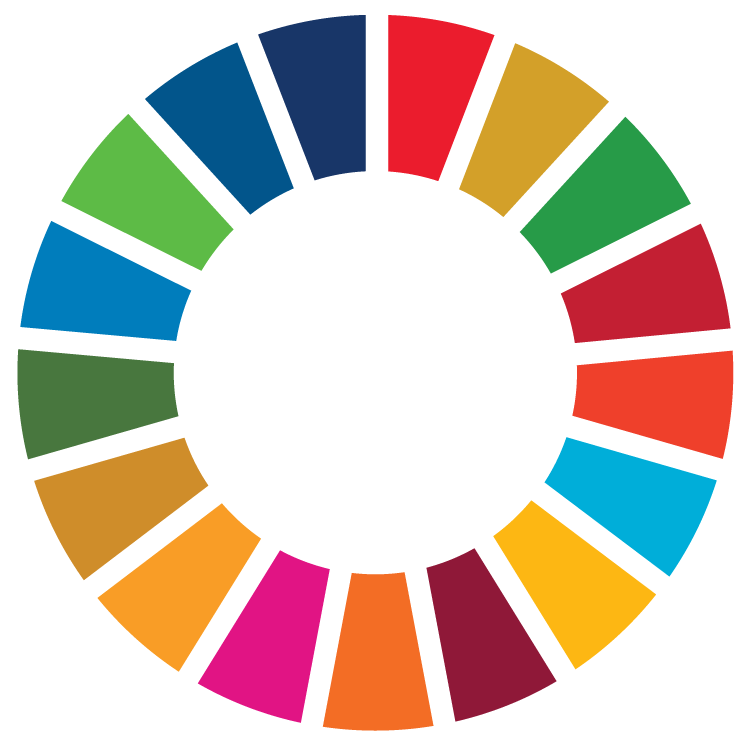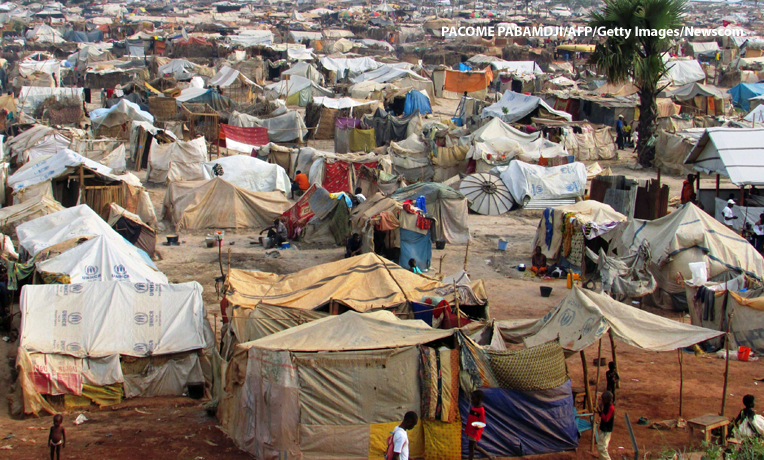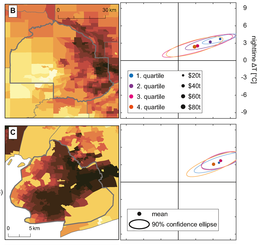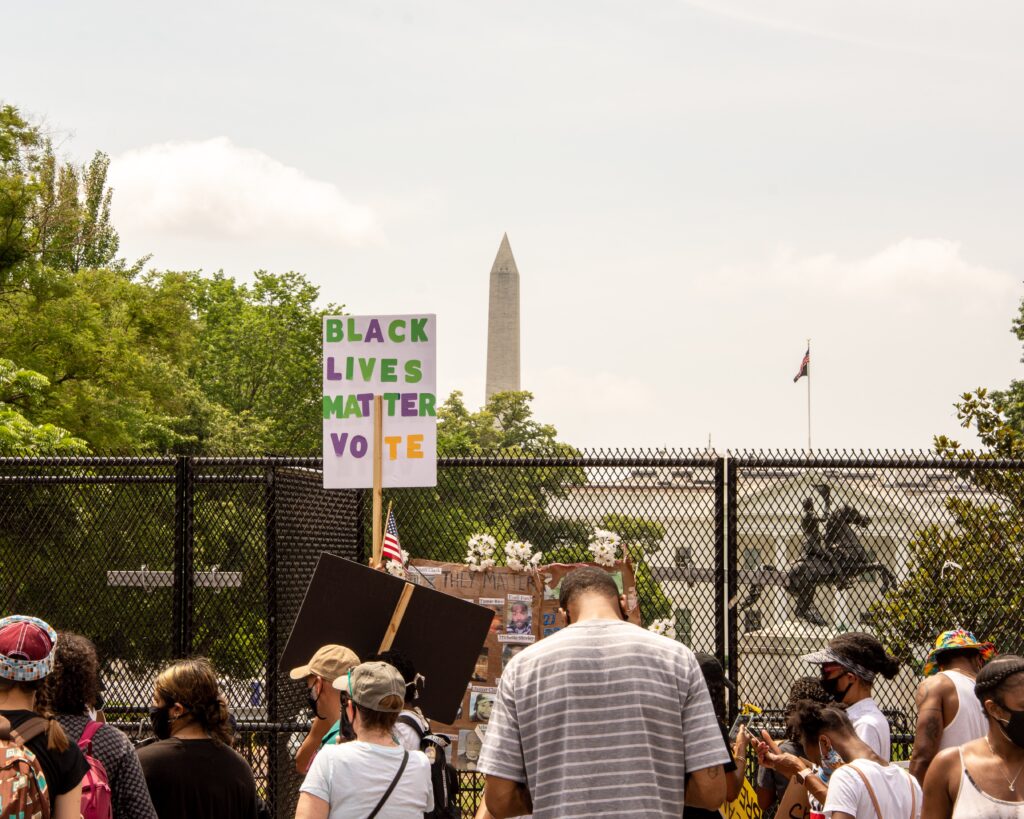Technological transformations open new opportunities and disrupt old patterns. Founded in 2006, Center on Global Transformation (CGT) provides a new framework for vanguard exploration of topics critical to analyzing and shaping the forces of economic change in a deeply interconnected, thoroughly dynamic world. CGT and its Pacific Leadership Fellows program focus on academic inquiry and policy analysis of international issues. CGT’s core mission is to: Foster and disseminate research that addresses global economic and technology transformation Develop and maintain a network…
SDG 10
Inequality within and among nations continues to be a significant concern despite progress in and efforts at narrowing disparities of opportunity, income and power. Income inequality continues to rise in many parts of the world, even as the bottom 40 per cent of the population in many countries has experienced positive growth rates. Greater emphasis will need to be placed on reducing inequalities in income as well as those based on other factors. Additional efforts are needed to increase zero-tariff access for exports from least developed countries and developing countries, and assistance to least developed countries and small island developing States.
Recent research at the School of Global Policy and Strategy
Achyuta Adhvaryu
This paper investigates the impact of childhood exposure to conflict on later political beliefs and engagement in 17 sub-Saharan African countries. Despite the well-documented “conflict trap” in which regions with histories of conflict are at higher risk of future conflicts, the study finds that exposure to conflict during childhood (ages 0-14) has minimal standardized effects on later political attitudes and behaviors. This result holds across various definitions, specifications, and data sources. While previous research has suggested that conflict disrupts economic growth and can perpetuate violence, this study suggests that these effects are not primarily driven by changes in political beliefs and engagement during childhood. The research provides insights into the resilience of individuals and communities in the aftermath of
Achyuta Adhvaryu
This study examines the impact of workplace-based soft skills training on the productivity of Indian garment workers. The study finds that such training leads to significant productivity gains, with treated workers becoming 13.5% more productive than their untreated counterparts. These gains are particularly pronounced when trainees work in teams alongside their coworkers, emphasizing the importance of teamwork and collaboration skills. Interestingly, even untreated coworkers on the same production lines as the trained workers show increased productivity, suggesting positive spillover effects. However, despite the productivity improvements and higher promotion probabilities among trained workers, the study finds no effects on wages or worker retention, indicating labor market frictions. Nevertheless, the firm experiences substantial net returns, with a 256% return on investment
Sam Bazzi
Racial segregation is a pernicious feature of life across America. Urban economists and economic historians have studied the forces behind residential segregation, zoning, and housing inequity (e.g., Boustan, 2011; Logan and Parman, 2017a,b). This paper explores another historically pervasive yet less-known institution for racial exclusion: the sundown town. In this paper, we first document the spread of sundown towns outside the South, giving rise to what Loewen (2005) termed a “Great Retreat” of Blacks from the U.S. interior. We then relate this pervasive racial exclusion to the Southern white diaspora (Gregory, 2005), rooted in the historical migration of Southern whites across the country following the Civil War (see Bazzi et al., 2021; Dippel, 2005). Lastly, we connect the presence
Jennifer Burney
Pollution from wildfires constitutes a growing source of poor air quality globally. To protect health, governments largely rely on citizens to limit their own wildfire smoke exposures, but the effectiveness of this strategy is hard to observe. Using data from private pollution sensors, cell phones, social media posts and internet search activity, we find that during large wildfire smoke events, individuals in wealthy locations increasingly search for information about air quality and health protection, stay at home more and are unhappier. Residents of lower-income neighbourhoods exhibit similar patterns in searches for air quality information but not for health protection, spend less time at home and have more muted sentiment responses. During smoke events, indoor particulate matter (PM2.5) concentrations often
Sam Bazzi
We use a policy experiment in Indonesia to show how local political boundaries affect ethnic tension. Redrawing district borders along group lines reduces conflict. However, the gains in stability are undone or even reversed when new boundaries increase ethnic polarization. Greater polarization leads to more violence around majoritarian elections but has little effect around lower-stakes, proportional representation elections. These results point to distinct incentives for violence in winner-take-all settings with contestable public resources. Overall, our findings illustrate the promise and pitfalls of redrawing borders in diverse countries where it is infeasible for each group to have its own administrative unit.
David Fortunato
We identify a form of gender-based governmental discrimination that directly affects billions of women on a daily basis: the setting of import tariffs for gendered goods. These tax rates, which can differ across otherwise identical gender-specific products, often impose direct penalties on women as consumers. Comparing nearly 200,000 paired tariff rates on men’s and women’s apparel products in 167 countries between 1995 and 2015, we find that women suffer a tax penalty that varies systematically across countries. We demonstrate that in democracies, women’s presence in the legislature is associated with decreased import tax penalties on women’s goods. This finding is buttressed by a comparison of democracies and non-democracies and analyses of the implementation of legislative gender quotas. Our work
Jennifer Burney
Remotely sensed land surface temperature measurements are used to explore the distribution of the United States’ urban heating burden. Drawing on urban temperature anomalies during extreme summer surface temperature events from all 1,056 US counties with more than 10 developed census tracts, we find that the poorest tracts (and those with lowest average education levels) within a county are significantly hotter than the richest (and more educated) neighborhoods for 76% of these counties (54% for education); we also find that neighborhoods with higher Black, Hispanic, and Asian population shares are hotter than the more White, non-Hispanic areas in each county.
2021
Jesse Driscoll
Shelter-in-place ordinances were the first wide-spread policy measures aimed to mitigate the spread of COVID-19. Compliance with shelter-in-place directives is individually costly and requires behavioral changes across diverse sub-populations. Leveraging county-day measures on population movement derived from cellphone location data and the staggered introduction of local mandates, we find that economic factors have played an important role in determining the level of compliance with local shelter-in-place ordinances in the US. Specifically, residents of low income areas complied with shelter-in-place ordinances less than their counterparts in areas with stronger economic endowments, even after accounting for potential confounding factors including partisanship, population density, exposure to recent trade disputes, unemployment, and other factors. Novel results on the local impact of the 2020
Zoltan Hajnal
As America has become more racially diverse and economic inequality has increased, American politics has also become more clearly divided by race and less clearly divided by class. In this landmark book, Zoltan L. Hajnal draws on sweeping data to assess the political impact of the two most significant demographic trends of last fifty years. Examining federal and local elections over many decades, as well as policy, Hajnal shows that race more than class or any other demographic factor shapes not only how Americans vote but also who wins and who loses when the votes are counted and policies are enacted. America has become a racial democracy, with non-Whites and especially African Americans regularly on the losing side.
Sam Bazzi
We use a population resettlement program in Indonesia to identify long-run effects of intergroup contact on national integration. In the 1980s, the government relocated two million ethnically diverse migrants into hundreds of new communities. We find greater integration in fractionalized communities with many small groups, as measured by national language use at home, intermarriage, and children’s name choices. However, in polarized communities with a few large groups, ethnic attachment increases and integration declines. Residential segregation dampens these effects. Social capital, public goods, and ethnic conflict follow similar patterns. Overall, our findings highlight the importance of localized contact in shaping identity.
Krislert Samphantharak
This paper examines the extent to which a fiscal stimulus through car loans induces financial distress. Using data to study the impact of Thailand’s first-car-buyer tax rebate scheme at both individual and postcode levels, this paper finds that the program led to higher loan delinquency and crowded out other loan originations, which are symptoms implied by excessive debt burden..
Zoltan Hajnal
What are relative contributions of race and class to government responsiveness? Why do these inequalities exist in the first place? And under what contexts are disparities in responsiveness reduced? To answer these questions, we assess the congruence between individual-level policy preferences and policy outcomes using the General Social Survey. We match individual spending preferences in 11 policy areas with actual federal spending to see whose preferences are realized. We find that race, more regularly than class, shapes government responsiveness.
Craig McIntosh
This study was designed to ‘benchmark’ a major USAID-funded child malnutrition program against what would have occurred if the cost of the program had simply been disbursed directly to people to spend as they see fit. The results indicate that programs targeted towards driving specific outcomes can do so at a lower cost than cash, but large cash transfers drive substantial benefits across a wide range of impacts, including many of those targeted by the more tailored program.
2018
Emilie Hafner-Burton
A growing number of developed country governments link good governance, including human rights, to developing countries’ access to aid, trade, and investment. We consider whether governments enforce these conditions sincerely, in response to rights violations, or whether such conditions might instead be used as a veil for protectionist policies, motivated by domestic concerns about import competition. We argue that the two-tiered structure of the GSP privileges some domestic interests at one level, while disadvantaging them at the other.
Gordon McCord
In a review of economic arguments for cigarette taxation this paper finds that increases in tobacco excise tax can result in substantial smoking cessation particularly among people on low incomes. Tax increases can also decrease the risks of catastrophic medical costs and can also reduce years of life lost.
2018
Joshua Graff Zivin
Climate variability and change are issues of growing public health importance. We analyzed hospitalization data for three unique climate regions of San Diego County alongside temperature data spanning 14 years. Within the milder coastal region where access to AC is not prevalent, heat-related morbidity was higher in the subset of zip codes where AC saturation is lowest. We detected a 14.6% increase in hospitalizations during hot weather in comparison to colder days in coastal locations where AC is less common, while no significant impact was observed in areas with higher AC saturation. Disparities in AC ownership were associated with income, race/ethnicity, and homeownership. Given that heat waves are expected to increase with climate change, understanding health impacts of heat
2018
John Ahlquist
Several recent studies link rising income inequality in the United States to the global financial crisis, arguing that US politicians did not respond to growing inequality with fiscal redistribution. Instead, Americans saved less and borrowed more to maintain relative consumption in the face of widening economic disparities. This article proposes a theory in which fiscal redistribution dampens the willingness of citizens to borrow to fund current consumption. A key implication is that pretax inequality will be more tightly linked with credit in less redistributive countries. The long-run partisan composition of government is, in turn, a key determinant of redistributive effort. Examining a panel of eighteen OECD democracies, the authors find that countries with limited histories of left-wing participation in
John Ahlquist
Decades of research across several disciplines have produced substantial evidence that labor unions, on balance, reduce economic disparities. But unions are complicated, multifaceted organizations straddling markets and politics. Much of their equality-promoting influence occurs through their ability to reduce class-based inequity in politics and public policy. Declining unionization across much of the developed world is eroding workers’ bargaining power. Reduced economic leverage puts pressure on union solidarity and weakens labor-based political movements. Important research design problems and significant heterogeneity across unions, regions, countries, and time imply a continued need for more work.
Zoltan Hajnal
Using an array of data and analysis, the book shows that fears about immigration fundamentally influence white Americans’ core political identities, policy preferences, and electoral choices, and that these concerns are at the heart of a large-scale defection of whites from the Democratic to the Republican Party. The authors demonstrate that this political backlash has disquieting implications for the future of race relations in America. White Americans’ concerns about Latinos and immigration have led to support for policies that are less generous and more punitive and that conflict with the preferences of much of the immigrant population.






















